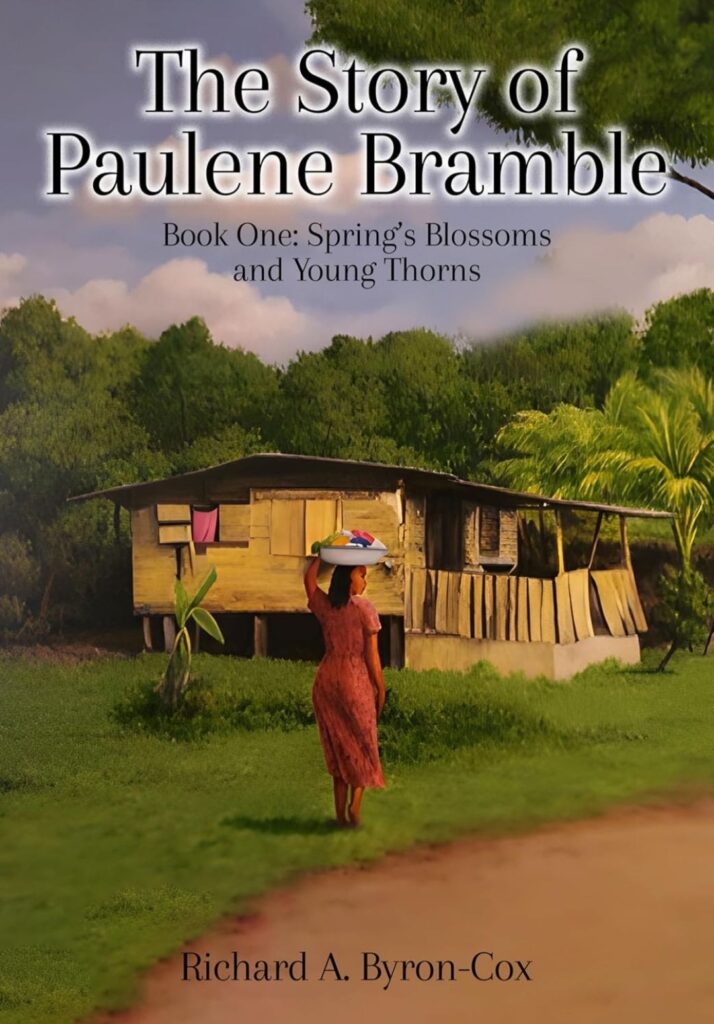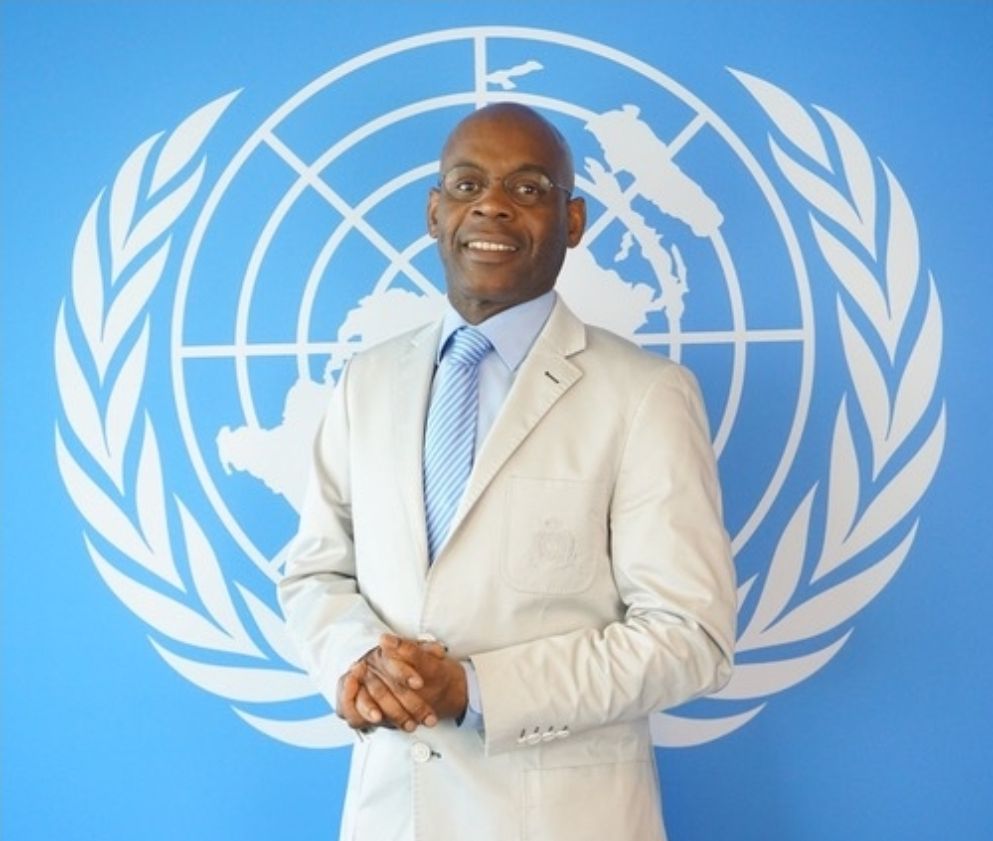The problems faced by common people in Caribbean islands since the emancipation of slaves in 1838, are generally no different from those confronted daily by, millions of Black people across the globe: misogyny, violence, the influence of religion, racism, abuse of power, and difficulties in so many more aspects of everyday life.

The struggles depicted in “The Story of Paulene Bramble: Book One -– Spring’s, Blossoms, and Young Thorns” offer a profound lens through which to view Black peoples‘s ongoing fight for justice and equality. The hardships that Paulene and the many other characters endure—their encounters with abusive authority, battle against societal prejudice, and the many internal conflicts—echo the broader historical and contemporary experiences of Black individuals that are central to the Black Lives Matter movement.
Paulene’s life is a testament to the systemic challenges Black people have long faced. Be it the harsh realities of prejudice or the constant battle for dignity, Paulene experiences are deeply intertwined with the issues of misogyny, racism, and the abuse of power. Her interactions with authority figures, particularly the treatment meted out to them under British colonialism, highlight the ever-present fear of violence and unjust treatment that many Black individuals continue to face to this day.
Nevertheless, history and current affairs demonstrate that Black people are disproportionately impacted by other races and cultures brutality. Unfair incarceration, lack of opportunities in both private and public sectors, unwanted claims against crime, murder, hypocrisy, discrimination, and racial inequality are just to name a few challenges.
Black people have been subjected to systemic racism, oppression, and violence. From the horrors of slavery and forced relocation to the Jim Crow laws that enforced racial segregation, the United States and many countries have a long history of institutionalized racism that has marginalized Black communities and other minorities who directly or indirectly respect African culture.
Discriminatory practices in housing, education, employment, and criminal justice continue to impact Black people disproportionately. In addition to fear and isolation, it significantly stretches to disparities in wealth, health, and opportunities compared to white people.
The pain of this ongoing struggle was brought into sharp focus with the tragic death of Trayvon Martin, an unarmed, innocent, and honest Black teenager, in 2012. The murderer George Zimmerman’s eventual release shocked the Black community and beyond. In response, Alicia Garza, Patrisse Cullors, and Opal Tometi created the hashtag #BlackLivesMatter as a cry of grief and frustration to recognize the inherent value of Black lives worldwide.
On August 9, 2014, this cry was amplified by the death of 18-year-old Michael Brown in Ferguson, Missouri, at the hands of the police. The incident, and many others, underscored the brutal truth that Black people are not safe, even in their own neighborhoods.
The pervasive issue of police brutality became impossible to ignore, and the lack of accountability for these deaths and injustice towards the Black community sparked protests across the nation and around the world—to reconcile the collective pain—voices demanding justice and an end to the violence that has claimed so many Black lives.
The Black Lives Matter movement is significant not just because it shines a light on violence but because it addresses the broader, systemic racism that permeates society. It forces us to confront the uncomfortable reality that Black lives are not valued significantly and that it needs equality and support. This is not to say that other people’s lives are unimportant; rather, it is important to highlight the systematic dehumanization of Black people and the frequent minimization or disregard of their suffering. It demands that we acknowledge this injustice and work to dismantle the structures that perpetuate it.
Supporting Black Lives means standing for justice, equality, and human rights. It includes solidarity with Black voices, educating oneself about racial discrimination, and taking action to fight against injustice, racism, misogyny, and crime against anyone—so that we can create a better world where everyone will be treated with dignity and respect. The Story of Paulene Bramble is another tale that lends credence to the need for all humanity to be involved in this fight.

About The Author: Dr Richard A. Byron-Cox is Vincentian with wide Caribbean roots. His mother was born in St. Vincent while his father has deep Grenadian roots. Needless to say, his direct family was merely continuing a tradition set by his grandparents. Indeed Richard Byron-Cox can trace his heritage to at least 5 Caribbean islands.
Dr Byron-Cox is a lawyer specialising in public international law in which he holds his Ph.D. He was educated in the Caribbean, Europe, and Latin America and is trained in various other fields including international relations, diplomacy, and foreign policy. He is multilingual and is presently an international civil servant with the United Nations Organisation.
Previous to his pursuit of university training, he worked as a primary school teacher and taught in adult education programs. On returning home from university, Dr. Byron-Cox served in the ministries of legal affairs and foreign affairs in St. Vincent and the Grenadines before moving on to take up his first international appointment. He has been an international civil servant for the last 10 years and presently works in the area of sustainable development.
Dr. Byron-Cox has a passion for writing which began in his early teens starting with poetry. He has written numerous major articles for journals and newspapers on varying subjects of national, regional, and international significance. He is a regular contributor to the Searchlight newspaper in St. Vincent. He had his first story, “The Christmas Recitation” air on Radio when he was just 17 years old. “Were Mama’s Tears in Vain?” is his first book, but certainly will not be his last.










